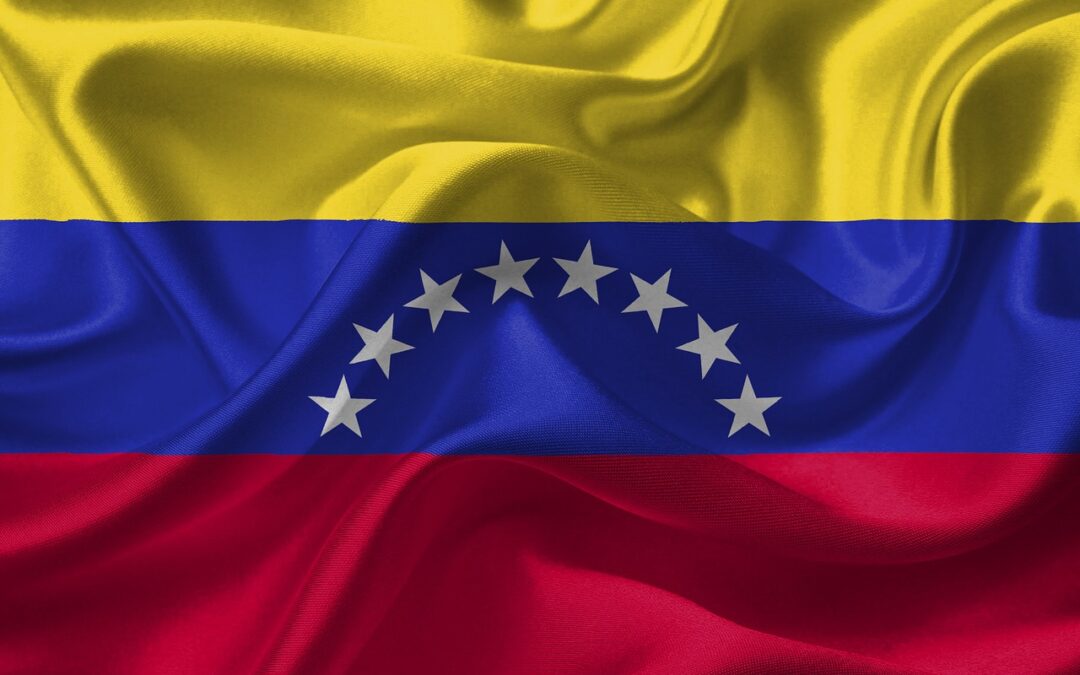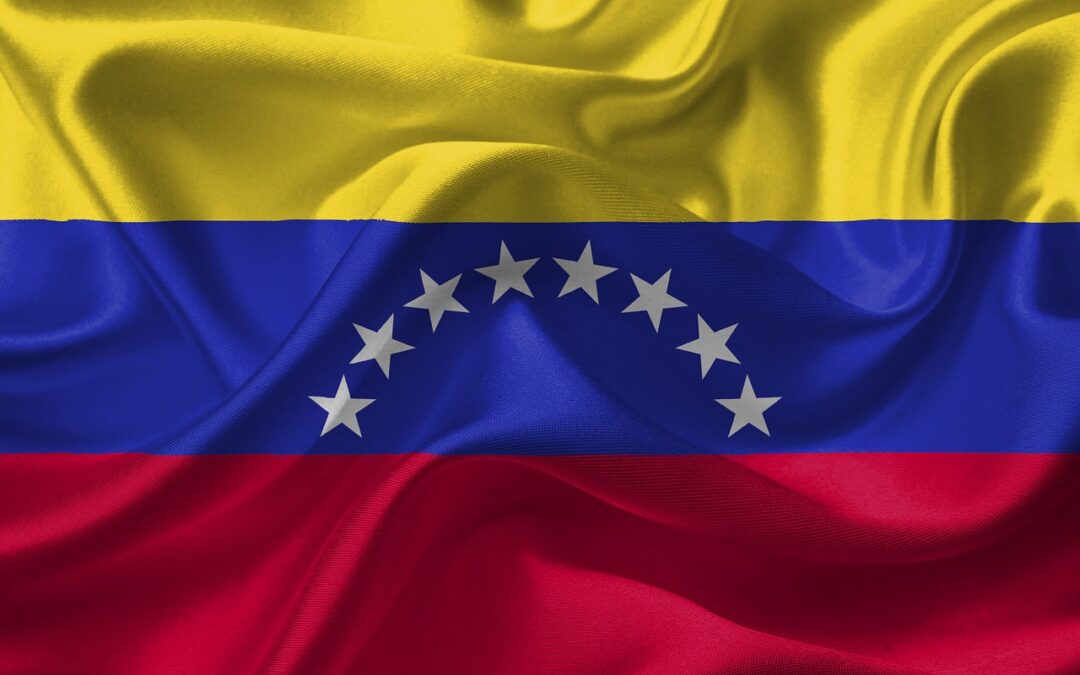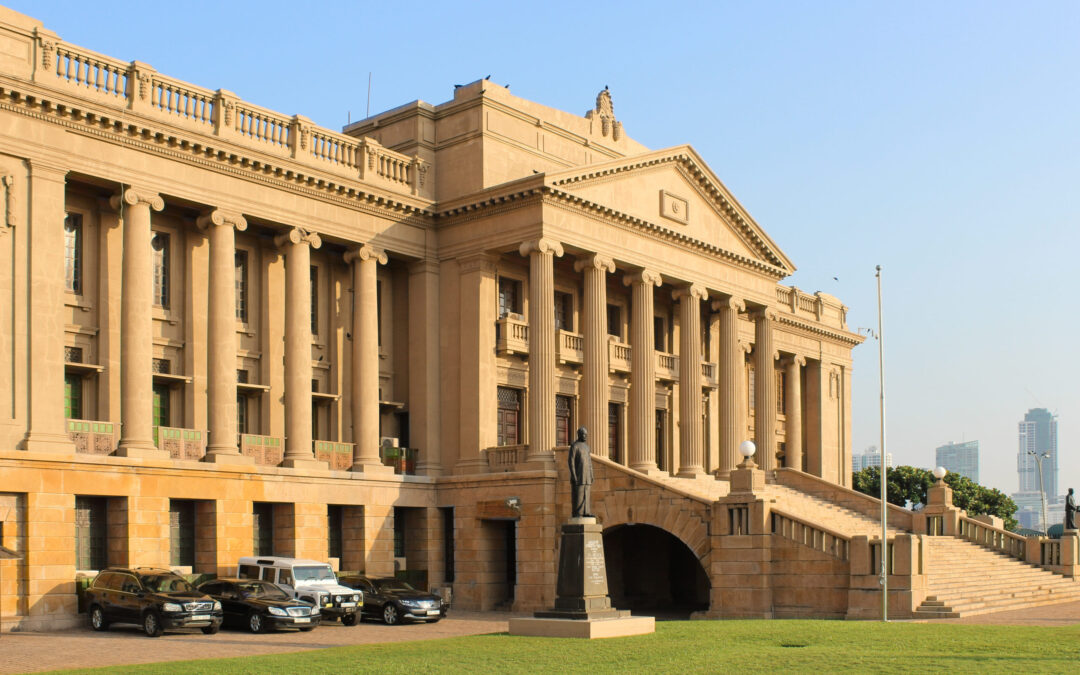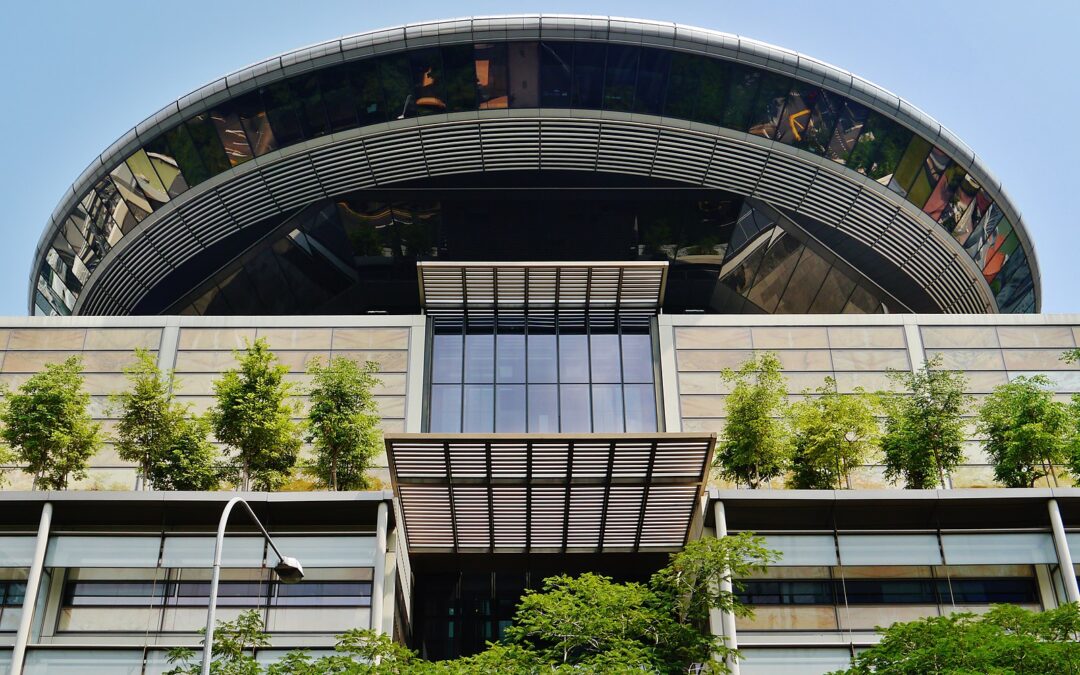
Aug 17, 2022 | News
The United Nations Human Rights Council should renew the mandate of its Independent International Fact-Finding Mission on Venezuela, 125 national and international organizations, including the International Commission of Jurists, working on Venezuela said today. The Mission, established in 2019 to investigate systematic human rights violations in Venezuela, has played a key role in pushing for accountability for serious crimes in the country and ensuring international scrutiny over the ongoing crisis, the groups said in a joint question-and-answer document.

Aug 17, 2022 | Comunicados de prensa
El Consejo de Derechos Humanos de las Naciones Unidas debe renovar el mandato de su Misión Internacional Independiente de Determinación de los Hechos sobre Venezuela, señalaron hoy 125 organizaciones nacionales e internacionales que trabajan sobre Venezuela. La Misión, establecida en 2019 para investigar violaciones sistemáticas de derechos humanos en Venezuela, ha desempeñado un papel central en el reclamo de que haya rendición de cuentas por delitos graves cometidos en el país y asegurar el escrutinio internacional sobre la crisis en curso, manifestaron las organizaciones en un documento conjunto de preguntas y respuestas.

Aug 12, 2022 | News
Experts at a panel discussion convened to launch the ICJ’s Legal Guidance on Internet Shutdowns and Restrictions in Africa, live-streamed on 11 August, called attention to the wide-ranging human rights impacts of restrictions on the internet and shutdowns across the continent.

Aug 9, 2022 | News
The Sri Lankan Parliament should reject the ‘22nd Amendment to the Constitution Bill’ and, instead, should amend the Constitution to remove the President’s unfettered authority, said the International Commission of Jurists (ICJ) today.

Aug 9, 2022 | News
Singapore’s authorities must immediately halt any impending executions, and cease using punitive cost orders against lawyers representing death-row inmates, said the International Commission of Jurists (ICJ) today.
On 5 August 2022, Singapore executed two persons, Abdul Rahim Shapiee and Ong Seow Ping, for “drug possession for the purpose of trafficking”. Their execution followed the Court of Appeal’s denial of Abdul Rahim Shapiee’s stay of execution request based on a lawsuit he and 23 other death-row inmates had filed alleging obstructions in their access to lawyers.









